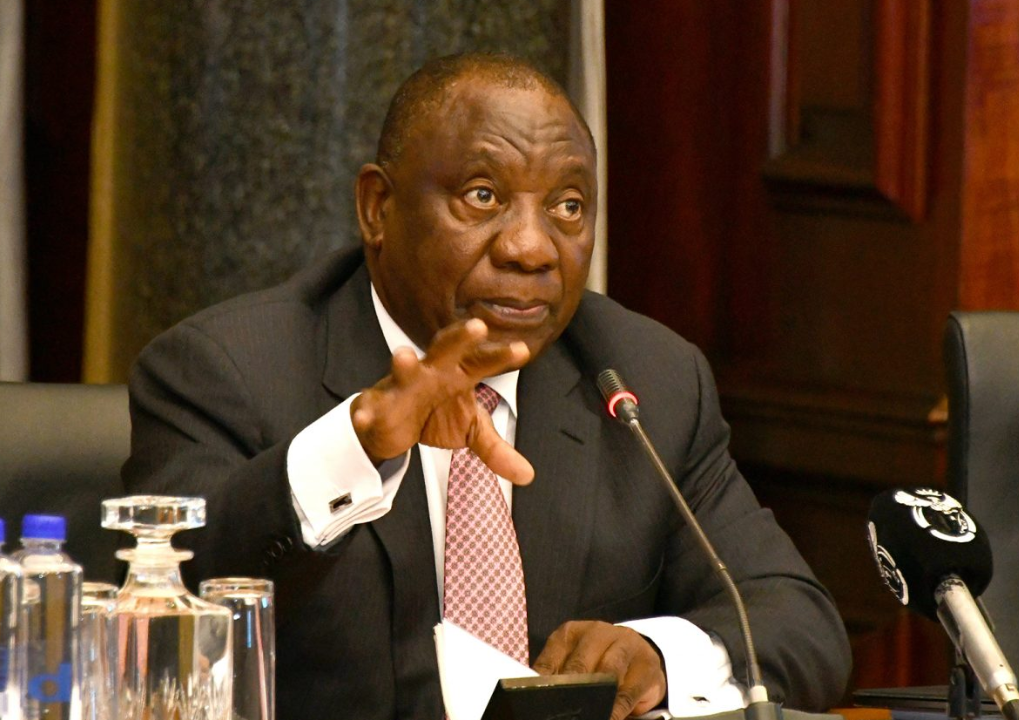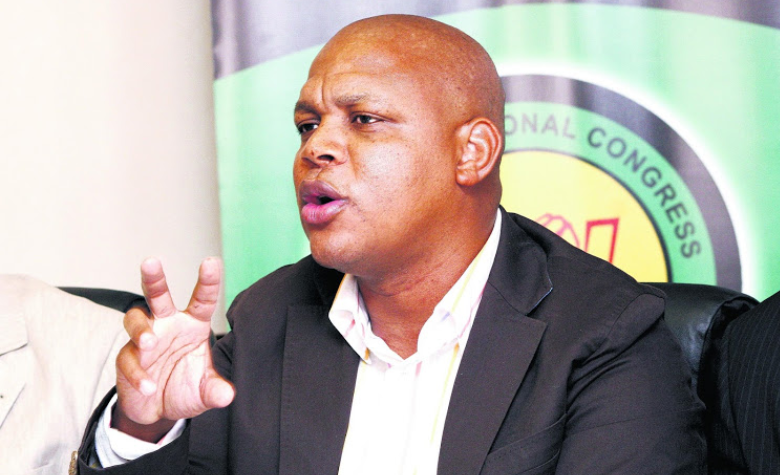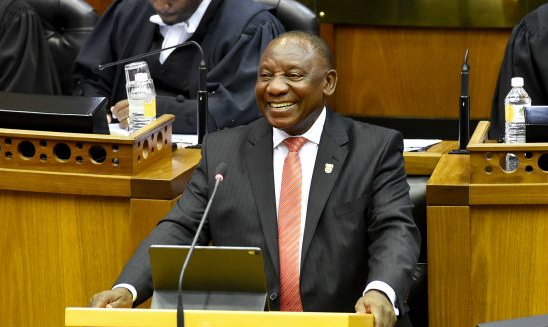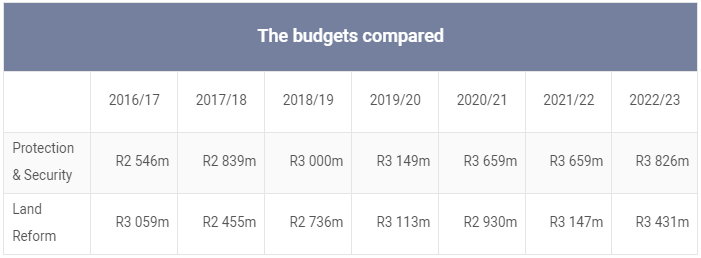
Zimbabwe has announced plans to give back land controversially taken over under its controversial fast track land reform programme, which started in 2000.
The programme, which was criticised for being both chaotic and violent, resulted in numerous deaths in the course of land seizures.
On Friday, the Zimbabwean government gazetted new legislation under which former landowners may opt for repossession or monetary compensation. The new regulations will apply to indigenous farmers whose farms were appropriated, as well as to those whose land was protected by bilateral treaties.
Several countries, among them South Africa, Austria, France, Germany, Mauritius, Holland, Sweden and Malaysia, had signed investment protection agreements with Zimbabwe at the time.
Of those covered by bilateral treaties, South Africans were the worst affected, according to the Commercial Farmers Union in Zimbabwe, as over 200 farmers lost their land.
However, the new legislation does not automatically grant compensation. Any application may be rejected “on the basis that granting it would be contrary to the interests of defence, public safety, public order, public morality, public health, regional or town planning or the general public interest”, according to the gazetted regulations.
Land ‘waiting to be used’
The South African Embassy in Zimbabwe welcomed government’s decision to return land under Bilateral Investment Protection and Promotion Agreements (BIPPAs) and Bilateral Investment Treaties (BITs) to its former owners.
“We welcome the development, as we believe there is enough land waiting to be used,” a spokesperson from the South African Embassy, speaking on behalf of ambassador Mphakama Mbete, said by phone from Harare.
“We think the position is in line with the mantra ‘Zimbabwe is open for business’.”
He said commercial agriculture would grow “exponentially” now that land is being availed again to those with expertise and the required capital.
“While we don’t have the numbers, in terms of those likely to benefit, we have spoken to a number of South African farmers who already have their own funding to start agriculture activity in Zimbabwe, so this decision is welcome,” he said.
Despite droughts that have befallen the southern African country several times since year 2000, land reform has been blamed for Zimbabwe’s failure to feed itself, with the country resorting to imports and international help.
The United Nations World Food Programme plans to double the number of Zimbabweans that it assists, up to 4.1 million, and will require over $200 million to meet needs in the first half of 2020 alone.
Article by Fin 24










